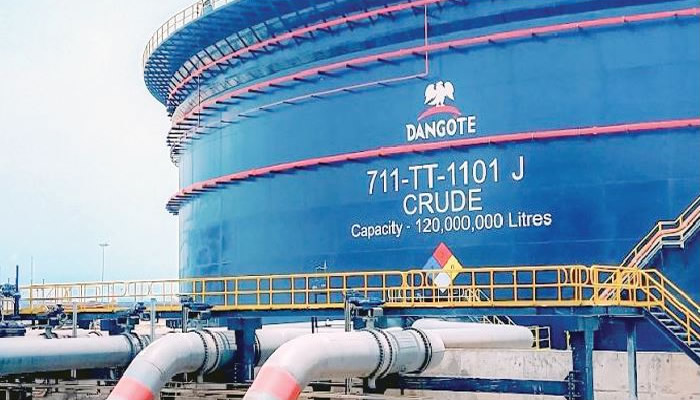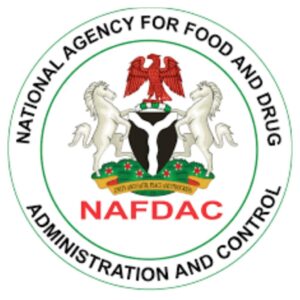Dangote Petroleum Refinery has reduced the price of Premium Motor Spirit (PMS), also known as petrol, from N950 to N890 per liter. While this move is great news for consumers, it has created serious financial challenges for fuel marketers who had already purchased petrol at the higher price.
The price cut was likely influenced by threats from some traders who considered importing petrol because foreign fuel was cheaper than locally refined products. To stay competitive, Dangote Refinery had to lower its price.
In a statement, Dangote Refinery’s Chief Branding and Communications Officer, Anthony Chiejina, explained that the price drop was a response to global market trends, particularly the recent fall in crude oil prices. He also emphasized that the price cut would reduce fuel costs nationwide and boost the economy.
Many marketers who bought petrol just before the price drop are now struggling with losses. Since competitors will now sell at N890 per liter, they are forced to lower their own prices, even if it means selling at a loss.
Hammed Fashola, Vice President of the Independent Petroleum Marketers Association of Nigeria (IPMAN), acknowledged that while price reductions benefit consumers, they hurt businesses. He advised marketers to be cautious when buying fuel and stay informed about market trends to avoid heavy losses.
The reduction in petrol prices highlights the intense competition in Nigeria’s fuel market. Some traders had warned that imported fuel was cheaper than Dangote’s locally refined petrol, leading to fears that buyers might shift to foreign suppliers. To prevent this, Dangote Refinery reacted by lowering its price.
Market analysts predict that the Nigerian National Petroleum Company Limited (NNPC) may also reduce its fuel prices to remain competitive. Billy Gillis-Harry, President of the Petroleum Products Retail Outlet Owners Association of Nigeria (PETROAN), praised the price cut, stating that it would lower transportation costs and improve the cost of living.
The price reduction is expected to have several benefits for the Nigerian economy:
- Lower Transportation Costs: Reduced fuel prices will make transportation cheaper, benefiting businesses and individuals.
- Cheaper Goods and Services: As transportation costs drop, the prices of goods and services may also decrease, making life more affordable for Nigerians.
- More Disposable Income: Households will have extra money to spend on other necessities, boosting economic activities.
Despite the benefits to consumers, fuel marketers are worried about future price drops. Chinedu Ukadike, IPMAN’s National Publicity Secretary, revealed that traders lose billions whenever fuel prices are reduced unexpectedly. Some marketers are now reluctant to buy fuel in large quantities to avoid financial losses.







